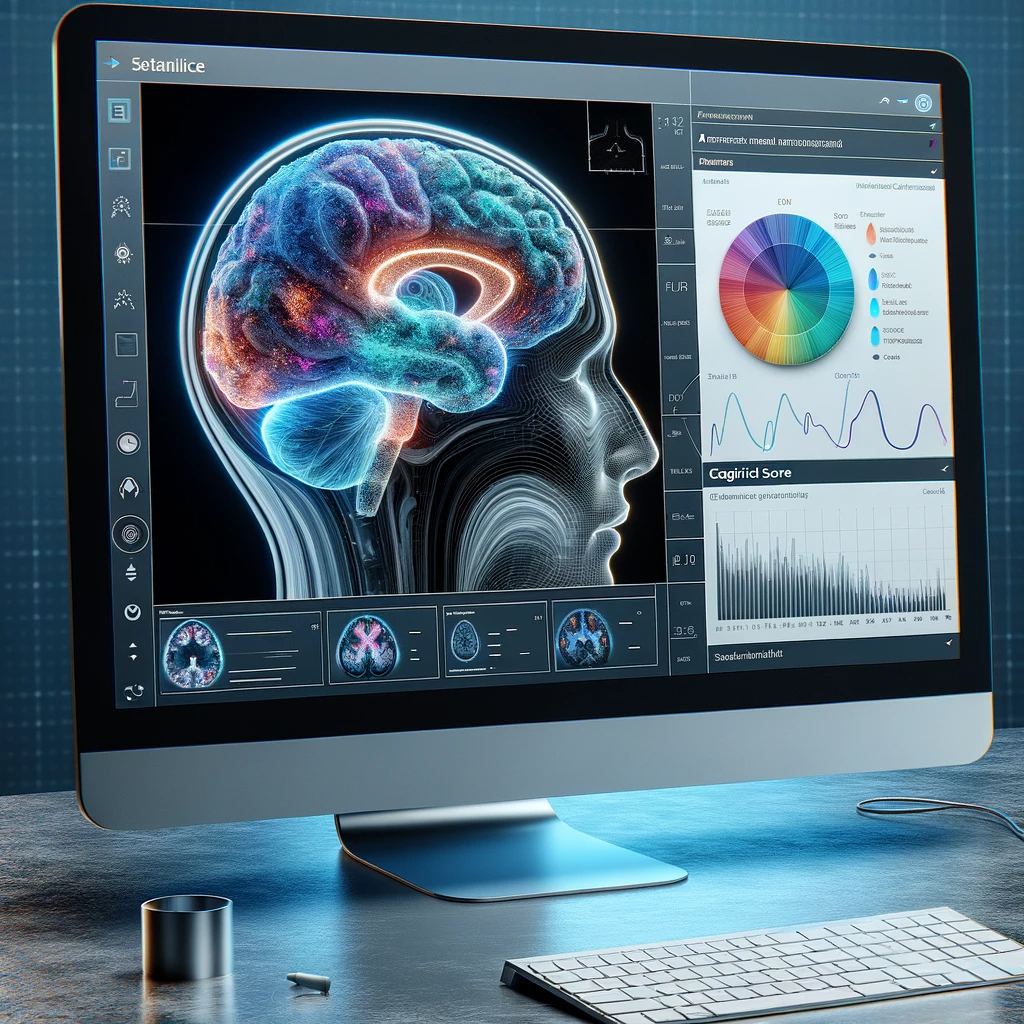In a groundbreaking move, the Food and Drug Administration (FDA) has granted Do Novo approval to the BrainSee medical AI software developed by Darmiyan. This innovative software is designed to predict the likelihood of a patient developing Alzheimer’s disease within five years, providing doctors with a valuable tool for early intervention.
Revolutionizing Alzheimer’s detection
Darmiyan’s BrainSee AI software represents a significant leap forward in the fight against Alzheimer’s disease. The FDA’s recent Do Novo approval underscores the software’s reliability in determining a patient’s risk of developing Alzheimer’s within a five-year window. This approval opens the door to more proactive and timely interventions aimed at slowing the progression of this debilitating disease.
Unveiling the BrainSee AI technology
The BrainSee AI leverages advanced algorithms, trained on thousands of brain scans, to detect early signs of Alzheimer’s from MRI scans and cognitive tests for mild impairment (MMSE & CDRSB). Its ability to accurately identify at-risk patients in approximately 9 out of 10 cases, as demonstrated in previous studies, showcases the software’s potential impact on early diagnosis and intervention.
Patients undergoing BrainSee assessments receive a score that aids healthcare professionals in quickly screening for those who may benefit from additional intervention. While no software can claim 100% accuracy, the BrainSee equips doctors with a valuable tool to prepare for the potential onset of Alzheimer’s and take proactive measures.
Addressing the Alzheimer’s challenge
Alzheimer’s, a common form of dementia, manifests as a decline in memory and thinking abilities, often resulting in peculiar behavior. The World Health Organization highlights the impact of Alzheimer’s on the brain, where connections are lost as the organ undergoes shrinkage. Although a cure remains elusive, early intervention measures can be crucial in attempting to slow the progression of this increasingly prevalent disease.
The BrainSee AI’s predictive capabilities offer a ray of hope in the challenging landscape of Alzheimer’s. By enabling early detection, the software empowers healthcare professionals and families to prepare for the potential realities of living with Alzheimer’s.
Training and accuracy of the BrainSee AI
Behind the BrainSee AI’s success lies a robust training process involving thousands of brain scans. This extensive dataset has been instrumental in developing an algorithm capable of identifying early signs of Alzheimer’s from both MRI scans and cognitive tests. Notably, the software has already demonstrated its accuracy, correctly identifying at-risk patients in the majority of cases, as evidenced by study data from several years ago.
Looking to the future
As the BrainSee AI enters the medical landscape, it provides a tangible way forward in addressing the Alzheimer’s challenge. By offering a reliable predictive tool, the software equips healthcare professionals with the means to intervene at an early stage, potentially altering the trajectory of the disease for many patients.
In the absence of a cure, focusing on proactive measures becomes paramount. The BrainSee AI serves as a beacon of progress in this regard, offering a glimpse into a future where early detection becomes a powerful weapon in the fight against Alzheimer’s.
While the journey towards overcoming Alzheimer’s is ongoing, the BrainSee AI marks a significant stride forward. As the medical community continues to explore innovative solutions, the FDA’s Do Novo approval of BrainSee reaffirms its potential impact on the early detection and management of Alzheimer’s disease.





